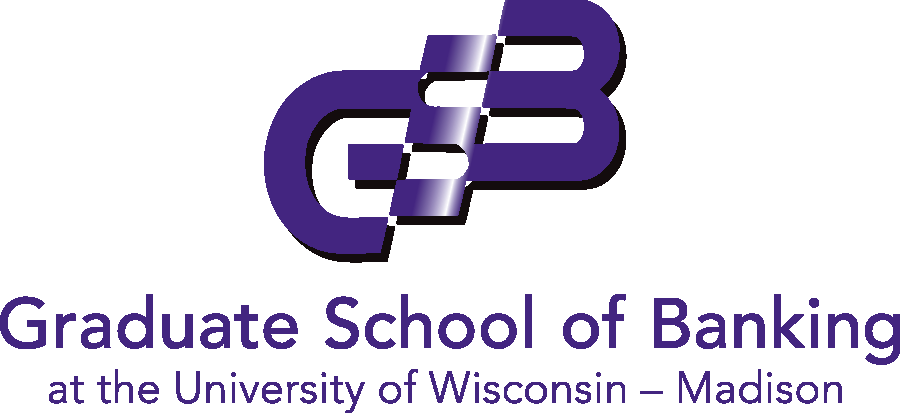Quick Links
Resources
4721 S Biltmore Lane
Madison, WI 53718
Home > Schools & Programs > Bank Technology Management School > Curriculum
Section: April 7-11, 2025
Fluno Center at the University of Wisconsin-Madison
Madison, Wisconsin
Enrollment for this program is currently closed. Please request info to be notified of the next offering.
This one-week school includes practical, hands-on labs that will allow you to work with learned concepts in real-world situations. This applied learning is a key benefit of participating and will provide skills and tools you can put to use immediately at your bank. The program’s curriculum features two core areas of study – the business of banking and effective technology management. Courses will cover topics in key areas such as these:
NOTE: The Bank Technology Management School provides up to 4 hours of advanced placement credit toward several professional certifications available through the SBS Institute. For specifics, please contact SBS as they approve the credits toward these certifications.
4721 S Biltmore Lane
Madison, WI 53718
We use cookies to enhance your experience on our website. By clicking "Accept," you agree to the storing of cookies on your device to analyze site usage, enhance site navigation, and assist in our marketing efforts. If you do not wish to accept all cookies, you can manage your preferences by clicking "Deny." For more detailed information about the cookies we use, see our Cookies Policy.

| Thank you for Signing Up |
